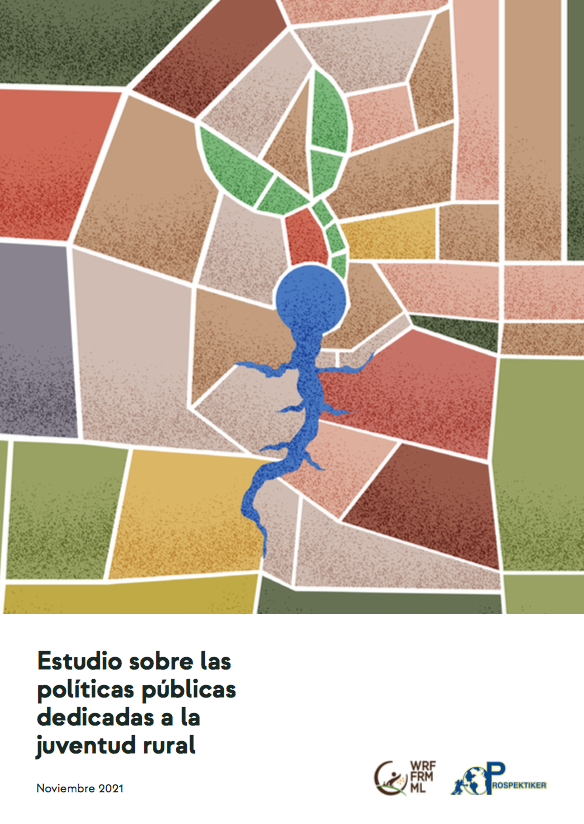Presentation about the using suitability index based on growth characteristics to evaluate the performance of various shrubs as potential hedgerow species for alley cropping systems under west Asia conditions. Seven shrubs' species were evaluated in this study including three leguminous…
Poster presented at the 5th World Congress on Agroforestry: “Transitioning to a Viable Worldâ€. Québec, Canada, July 17-20, 2022: For agricultural production, exploiting mountain slopes for rainwater runoff collection is a low-cost practice that supports sustainable agroecological systems…
In the face of global pressures of change and biodiversity loss, crop wild relatives (CWR) and wild-utilized species (WUS) urgently require conservation attention. To advance conservation, we assembled a national inventory of CWR and WUS in Canada. To assess current ex situ conservation of these…
Con el fin de conocer y dar a conocer las herramientas que pueden contribuir al mantenimiento y desarrollo de la juventud en el medio rural y la mejora de su calidad de vida, el FORO RURAL MUNDIAL (FRM/WRF/ML) plantea elaborar un estudio sobre las políticas públicas dedicadas a la juventud rural…
Rapid urbanization has led vertical infrastructural growth in different countries with differing economic development levels and social systems. The two cities, Prague and Delhi, are the capital cities of their respective countries and have significant vertical developments. However, the two…
The holm oak woodlands as ecotonic phytocoenoses occur under different ecological conditions, and frequently representing the climax of edaphoxerophilous series of crests and siliceous rocky areas. In this paper we study the floristic, ecological, and biogeographical differences of the…
Property boundaries have a significant importance in cadaster as they define the legal extent of the ownership rights. Among 3D data models, Industry Foundation Class (IFC) provides the potential capabilities for modelling property boundaries in a 3D environment. In some jurisdictions, such as…
The dramatic decline of the abundance of farmland bird species can be related to the level of land-use intensity or the land-cover heterogeneity of rural landscapes. Our study area in central Europe (Hungary) included 3049 skylark observation points and their 600 m buffer zones. We used a very…
The strategy of the institutionalization and development of business agglomerations, in any of its analytical aspects (industrial district, local production system, cluster, etc.), has not had great results in Spanish regions with low business-density, probably due to the difficulty of finding…
Cinque Terre, one of the most important Italian cultural landscapes, has not been spared from depopulation and agricultural abandonment processes, that involved many rural areas in Europe, as a consequence of socio-economic transformations that occurred after WWII. Depopulation of rural areas,…
This paper presents the spatial distribution of multiple deprivation in Athens, and links these spatial patterns to the city’s urban development trajectory and the way housing is accessed. Multiple deprivation was measured as the combined concentration of disadvantageous employment situation,…
Sustainable management of soil carbon (C) at the state level requires valuation of soil C regulating ecosystem services (ES) and disservices (ED). The objective of this study was to assess the value of regulating ES from soil organic carbon (SOC), soil inorganic carbon (SIC), and total soil…



